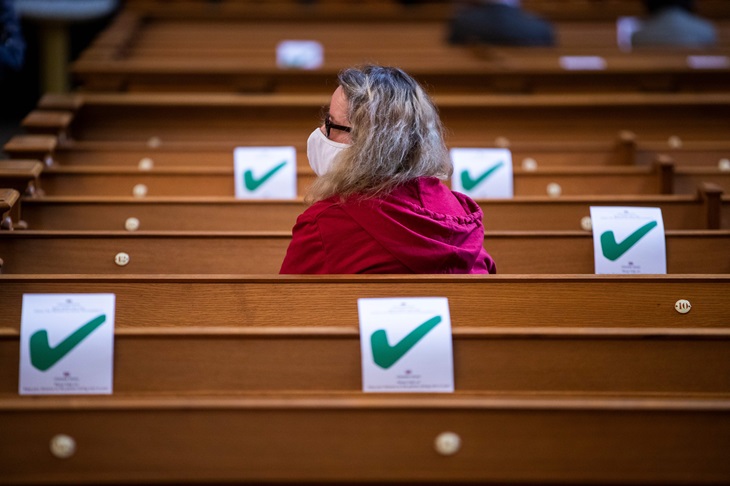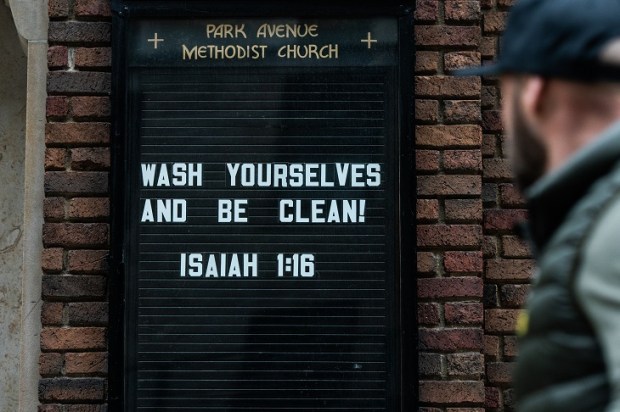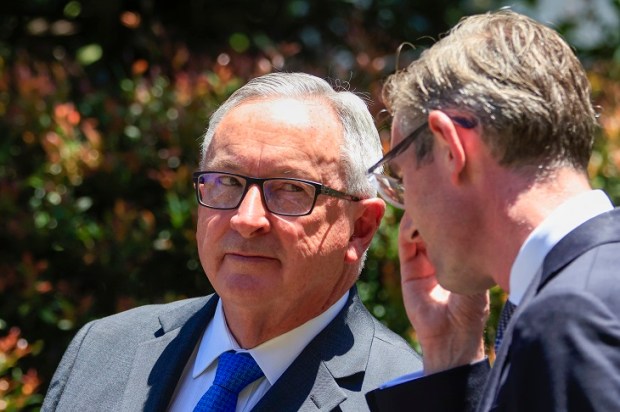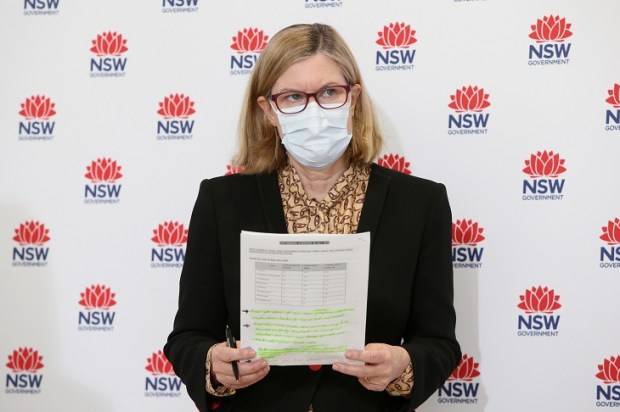In one of the most significant rulings in generations, the ABC reported in February that, ‘Justice Martin found the Police Commissioner failed to comply with this section of the Act [Human Rights] … based on this, declared that the QPS directions were unlawful.’
Essentially it meant that some Covid directions in Queensland for select professions were wrong and should not have been made.
Already a subscriber? Log in
Subscribe for just $2 a week
Try a month of The Spectator Australia absolutely free and without commitment. Not only that but – if you choose to continue – you’ll pay just $2 a week for your first year.
- Unlimited access to spectator.com.au and app
- The weekly edition on the Spectator Australia app
- Spectator podcasts and newsletters
- Full access to spectator.co.uk
Or


























Comments
Don't miss out
Join the conversation with other Spectator Australia readers. Subscribe to leave a comment.
SUBSCRIBEAlready a subscriber? Log in